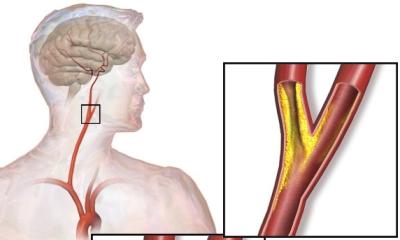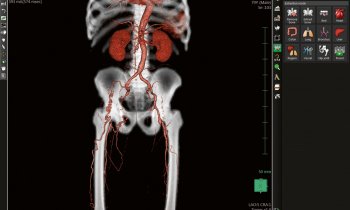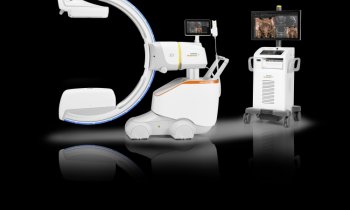
Image source: Unsplash/Volodymyr Hryshchenko
News • Psychotherapy delivery
Chatbots can 'nudge' patients away from opioid use after surgery
Patients who need surgery to fix major bone fractures use fewer opioid pills after their procedure if they're reminded of their values – and those reminders don't necessarily need to come from a doctor, according to a new study.
The findings were now published in the Journal of Medical Internet Research.
“We showed that opioid medication utilization could be decreased by more than a third in an at-risk patient population by delivering psychotherapy via a chatbot,” said the study's lead author, Christopher Anthony, MD, the associate director of Hip Preservation at Penn Medicine and an assistant professor of Orthopaedic Surgery. “While it must be tested with future investigations, we believe our findings are likely transferrable to other patient populations.”
Although opioids can be appropriate to treat the pain that results from an injury like a broken leg or arm, there is a concern that a large prescription of opioids might be an on-ramp to dependence for many. The researchers – who included Edward Octavio Rojas, MD, a resident in Orthopaedic Surgery at the University of Iowa Hospitals & Clinics – believe a low-effort, patient-centered approach to reducing the number of opioids taken can be a valuable method for cutting into the opioid epidemic.
To test this approach, 76 patients who went to a Level 1 Trauma Center at the University of Iowa Hospitals & Clinics for fractures that required a surgery to fix were randomly divided into two groups. Although each group received the same prescription of an opioid medication for pain, just one group was enrolled in a daily text-messaging program. That group received two daily text messages to their phones for two weeks after their procedure from an automated “chatbot” – a computer that uses artificial intelligence to send messages – starting the day after their surgery. The goal of each message was to help focus patients and hone their coping skills for the inevitable pain after such a procedure.
While they don’t expressly discourage using opioid pills, the messages, designed by a pain psychologist who specialized in acceptance and commitment therapy (ACT), are designed to direct thoughts away from taking a painkiller.
Each message fell under one of six “core principles”:
- Values,
- Acceptance,
- Present Moment Awareness,
- Self-As-Context,
- Committed Action,
- Diffusion
So, for example, a message a patient could receive under the Acceptance principle could be: “Feelings of pain and feelings about your experience of pain are normal after surgery. Acknowledge and accept these feelings as part of the recovery process. Remember how you feel now is temporary and your healing process will continue. Call to mind pleasant feelings or thoughts that you experienced today.” Or a Committed Action message might urge a patient to work toward a life goal, even if some pain might be present.
Overall, the patients who didn’t receive the messages took 41 opioid tablets after their surgeries, on average. The group who were regularly contacted by the chatbot averaged just 26, a 37 percent difference. Moreover, they reported less pain, overall, just two weeks after their procedure. Importantly, the messages each patient received were not curated for their individual personality. This type of effectiveness was seen without the messages needing to be overly personalized. Combined with the using a chatbot instead of a human-intensive effort, this could be a low-cost, low-effort for orthopaedic and other procedures that provides significant protection from opioid dependence. “A realistic goal for this type of work is to decrease opioid utilization to as few tablets as possible, with the ultimate goal being to eliminate the need for opioid medication in the setting of fracture care,” Anthony said.
Source: Penn Medicine
18.08.2020











